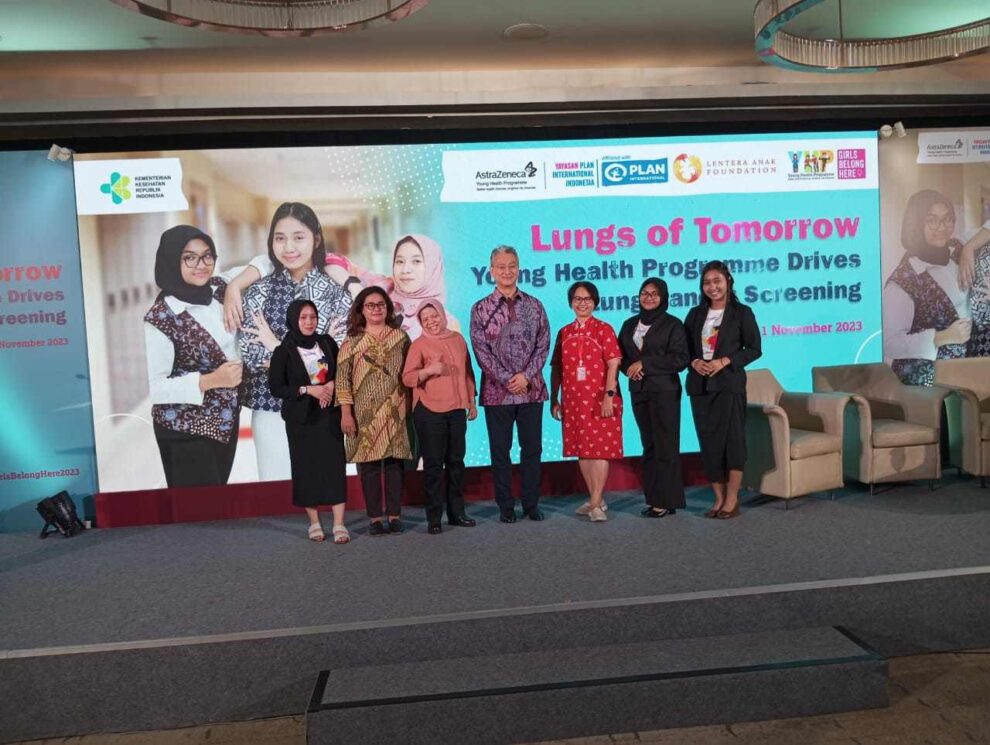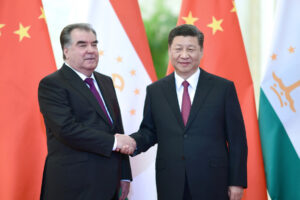ASTRAZENECA collaborated with the Ministry of Health (Kemenkes) and Plan Indonesia to hold an educational talk show entitled Lung of the Future: Young Health Program Drives Lung Cancer Screening.”
“This event aims to provide understanding to young people about the risk factors for lung cancer and the importance for parents and their families to undergo early lung cancer screening according to government recommendations,” said AstraZeneca Indonesia President Director Se Whan Chon, at a talk show held in Jakarta, today. .
For your information, at the beginning of the year AstraZeneca signed a memorandum of understanding with the Ministry of Health to support the achievement of the government’s health transformation agenda. “Since then we have supported the launch and socialization of the national lung cancer screening program and educated youth about the risks of smoking and passive smoking through the AstraZeneca Young Health Program (YHP) ,” he said.
AstraZeneca YHP is a global initiative that aims to empower youth to make informed choices regarding health and wellbeing with a focus on non-communicable diseases. “AstraZeneca YHP in Indonesia has achieved extraordinary progress. Since 2018 the program has trained 927 peer educators whose role is to directly benefit more from 59 thousand youth and more than 5,000 adults.” “In addition, it provides indirect benefits for more than 525 thousand youth and more than 595 thousand community members,” said Se Whan.
According to him, these real results are promising. The proportion of non-smoking youth increased by 5% and a 16% increase in youth reporting no alcohol consumption from that recorded during baseline at the final evaluation.”This demonstrates YHP’s commitment to positively shaping the lives of young individuals and fostering healthier behavior, contributing to a brighter future and care about health,” concluded Se Whan.
In implementing YHP, the Plan International Indonesia Foundation (Plan Indonesia) as a partner of AstraZeneca Indonesia uses the peer education method as an agent of change in preventing non-communicable diseases, one of which is lung cancer. “The peer education method is a way of mentoring children and the elderly. young people who campaign for their friends and people around them, including parents,” said Plan Indonesia Executive Director Dini Widiastuti.
The reason is, children who are in a smoking environment are also at high risk of developing lung cancer because they are passive smokers. “The peer to peer approach by peer educators is appropriate in conveying messages and directions to health facilities for their peers who are still embarrassed to discuss it with adults. ,” said Dini.
Another speaker, Prof Dr Elisna Syahruddin Sp P(K) PhD, Executive Director at the Indonesian Association for the Study on Thoracic Oncology (IASTO), said that early detection of lung cancer is very important. Because symptoms often appear when the disease is in an advanced stage.
These symptoms include a persistent cough, chest pain, and difficulty breathing that does not improve with treatment. “While lung cancer is a serious condition, advances in medical treatment provide hope, and stopping smoking and minimizing exposure to risk are essential for prevention,” said Elisna.Ketua The Ministry of Health’s Cancer and Blood Disorders Working Team, Dr. Theresia Sandra D Ratih MHA, added that it is hoped that the National Health Insurance (JKN) will not only cover the treatment of lung cancer, but also the funding for screening for early detection will also be borne by the government.
“This is in accordance with the capitation financing mechanism contained in Minister of Health Regulation No. 3/2023 concerning Health Service Tariff Standards in the Implementation of the JKN Program,” he concluded. (RO/S-2)
Source: Media Indonesia















